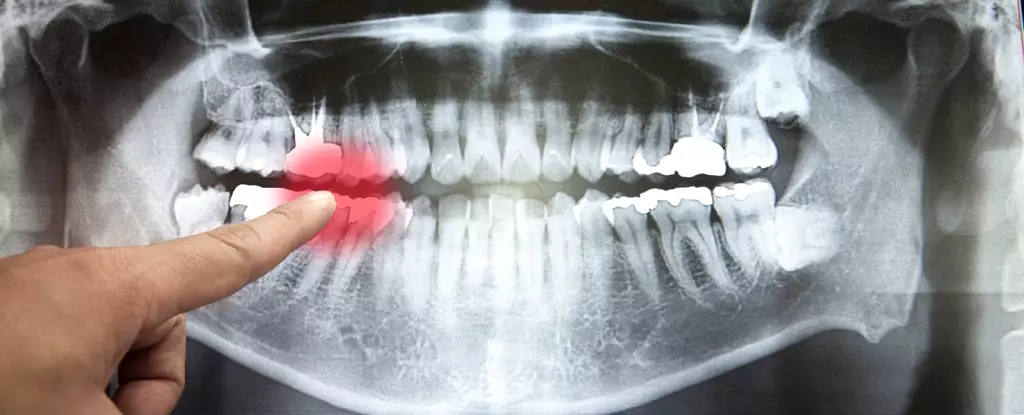Losing teeth in older age has recently been associated with a higher risk of dying from heart disease, stroke, and other fatal heart events. There have been previous studies pointing to a connection between missing teeth and an increased risk of cardiovascular diseases. Poor oral health is a well-known risk factor for these conditions, which are the leading cause of death worldwide.
Potential Mechanisms of Action
It may seem strange, but it is plausible that tooth loss or poor oral hygiene could allow harmful pathogens to enter the gums, leading to infections that spread to the bloodstream and cause inflammation that affects the heart. While this theory makes sense, there are many other factors that contribute to heart health and cardiovascular disease risk, such as smoking, exercise, diabetes, cholesterol levels, and blood pressure.
An analysis found that people who had lost all or most of their teeth had a 66 percent higher risk of dying from heart-related issues compared to those with fewer missing teeth or none at all. The risk appeared to be greater in individuals who had lost 22 or more teeth, regardless of age and smoking status. Even after adjusting for critical confounding factors associated with cardiovascular disease risk, the elevated risk of cardiovascular disease mortality persisted.
While observational studies can only suggest associations and not direct causes, the findings indicate that improving oral health could potentially address part of the global burden of cardiovascular diseases. This could involve promoting better access to healthy foods and affordable dental care, especially in low- and middle-income countries and among older populations. Given that cardiovascular diseases accounted for one-third of deaths worldwide in 2019, the importance of maintaining optimal oral health cannot be overstated.
Although the exact relationship between tooth loss and cardiovascular disease mortality is still being studied, the evidence so far suggests a significant association. It is essential for individuals to prioritize oral health care and seek preventative measures to reduce the risk of heart-related issues. Further research is needed to explore the mechanisms behind this connection and develop targeted interventions to improve overall cardiovascular health.



Leave a Reply